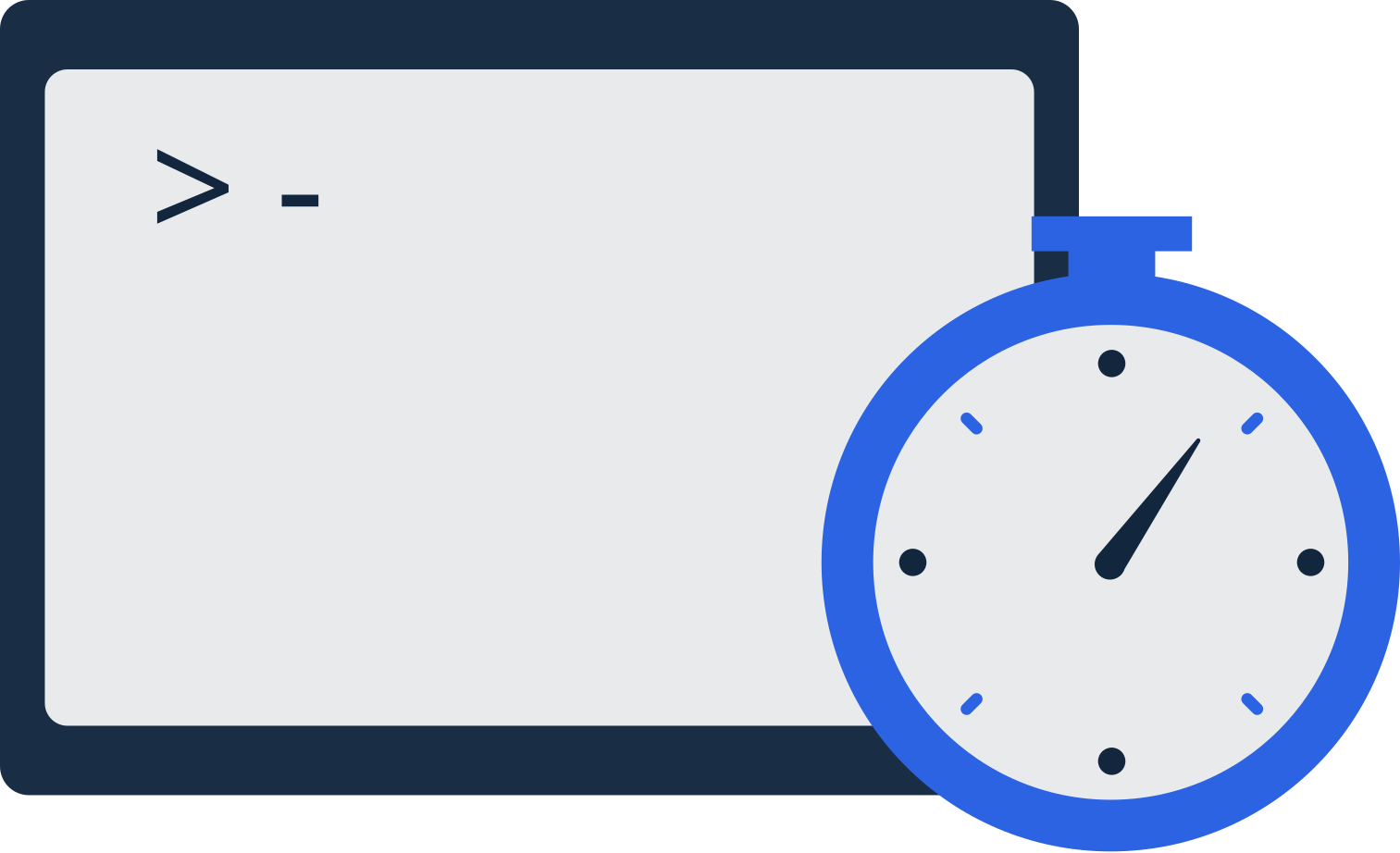Cron Jobs

Overview
This document explains the cron job system in EverShop. EverShop provides a powerful cron job system that allows you to schedule tasks to run at specific intervals. You can use cron jobs to automate repetitive tasks such as sending emails, updating data, and more.
How to Create a Cron Job in EverShop
This section assumes that you have an extension installed in your EverShop store. If you don't have an extension or want to learn how to create your own extension, please refer to this document.
Step 1: Create a New Cron Job
From your extension folder, create a new subfolder called jobs. Inside the jobs folder, create a new JS file for your cron job. For example, let's create a file called myCronJob.js:
├── your-extension
│ ├── jobs
│ │ ├── myCronJob.ts
The file myCronJob.ts should provide a default export function that will be executed when the cron job runs. Here is an example of a simple cron job:
export default function myCronJob() {
console.log("Hello, this is my cron job!");
}
The cron function can be either synchronous or asynchronous.
Step 2: Register the Cron Job
In your bootstrap.(ts, js) file, you need to register the cron job with the EverShop application. Here is an example of how to do this:
import path from "path";
import { registerCronJob } from "@evershop/evershop/lib/cronjob";
registerCronJob({
name: "myCronJob",
resolve: path.resolve(import.meta.dirname, "jobs/myCronJob.js"),
schedule: "0 0 * * *",
enabled: true,
});
In the configuration above, we define a new cron job called myCronJob. The resolve property should point to the path of the cron job file. The schedule property defines when the cron job should run. In this example, the cron job will run every day at midnight. The enabled property can be set to true or false to enable or disable the cron job.
Step 3: Run the Cron Job
Once you have registered the cron job, EverShop will automatically run it at the specified schedule. You can view the logs for the cron job in the EverShop admin panel.
The cron job will run in the main thread of the application. Make sure your cron job is optimized and does not block the main thread. We strongly recommend using asynchronous code in your cron job and carefully scheduling it to avoid performance issues.
Cron Job Schedule
The schedule property in the cron job configuration defines when the cron job should run. The schedule is defined using a cron expression. A cron expression is a string that represents a set of times, using 5 space-separated fields:
- Minute (0 - 59)
- Hour (0 - 23)
- Day of the month (1 - 31)
- Month (1 - 12)
- Day of the week (0 - 7) (0 and 7 both represent Sunday)
Remove a Cron Job
To remove a cron job, you can use the removeJob function from the @evershop/evershop/lib/cronjob module. Here is an example of how to do this:
import { removeJob } from "@evershop/evershop/lib/cronjob";
removeJob("myCronJob");
When updating or re-registering a cron job, you must call removeJob before calling registerCronJob to take effect.
Update Schedule of a Cron Job
To update the schedule of a cron job, you can use the updateJobSchedule function from the @evershop/evershop/lib/cronjob module. Here is an example of how to do this:
import { updateJobSchedule } from "@evershop/evershop/lib/cronjob";
updateJobSchedule("myCronJob", "0 0 * * *");
When to Use Cron Jobs
Cron jobs are useful for automating tasks that need to run at specific intervals. Here are some common use cases for cron jobs in EverShop:
- Sending Scheduled Emails: Automate the sending of newsletters, promotional emails, or order confirmations.
- Data Cleanup: Regularly clean up old data, such as expired sessions or abandoned carts.
- Inventory Updates: Automatically update product inventory levels based on external data sources.
- Generating Reports: Schedule the generation of sales reports, customer activity reports, or other analytics data.
- Third-party Integrations: Sync data with third-party services at regular intervals, such as updating shipping rates or product information.
Best Practices
When creating cron jobs in EverShop, consider the following best practices:
- Keep Cron Jobs Short: Ensure that your cron jobs complete quickly to avoid blocking the main thread.
- Use Asynchronous Code: Use asynchronous code in your cron jobs to prevent blocking the main thread.
- Error Handling: Implement proper error handling in your cron jobs to avoid unexpected failures.
- Logging: Use logging to track the execution of your cron jobs and to help with debugging.
- Testing: Test your cron jobs thoroughly before deploying them to production to ensure they work as expected.